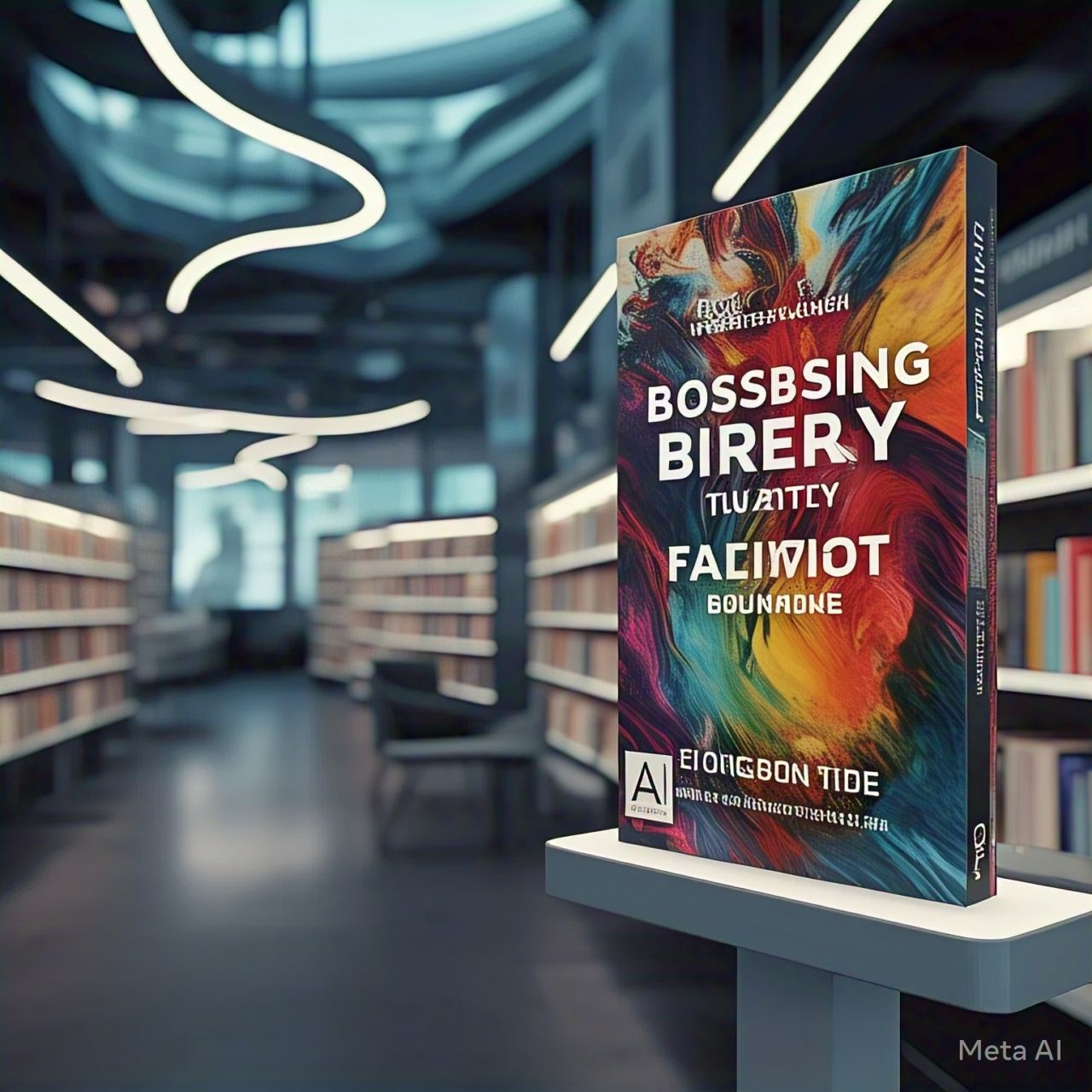Artificial Intelligence (AI) is transforming multiple industries, and the world of literature is no exception. From assisting writers with brainstorming to generating entire books, AI’s role in content creation is growing rapidly. But can AI truly write a bestselling novel? This article explores the capabilities, challenges, and future of AI-generated storytelling.
1. How AI is Used in Writing Today
AI-Powered Writing Tools
AI-driven tools like ChatGPT, Sudowrite, and Jasper assist authors by:
- Generating plot ideas and character development.
- Refining language and grammar.
- Offering predictive text suggestions to enhance storytelling.
AI-Generated Books
There have already been attempts at AI-written novels. Some examples include:
- 1 the Road, a book created using an AI trained on Jack Kerouac’s works.
- Short stories generated by OpenAI’s GPT models, showcasing AI’s creative potential.
2. Can AI Replicate Human Creativity?
The Challenge of Emotional Depth
One major barrier for AI in novel writing is its ability to replicate genuine human emotions and nuanced storytelling. While AI can generate coherent narratives, it often struggles with:
- Crafting deep, relatable characters.
- Understanding complex themes and cultural contexts.
- Infusing authentic emotional depth into the story.
The Role of Human Writers
Rather than replacing human authors, AI is best suited as a tool to enhance creativity. Writers can use AI to:
- Overcome writer’s block.
- Improve efficiency in editing and revising manuscripts.
- Experiment with new storytelling techniques.
3. Will AI Ever Write a Bestselling Novel?
AI’s Potential for Market Success
AI-generated novels could appeal to niche audiences, but bestsellers often require originality, emotional resonance, and a deep connection with readers—qualities that AI is still developing.
Ethical and Copyright Considerations
If an AI writes a book, who owns the copyright? These legal and ethical questions remain unresolved as AI-generated content becomes more prevalent.
4. The Future of AI in Literature
As AI continues to advance, its role in storytelling will likely expand. Future developments may include:
- More sophisticated AI capable of crafting emotionally engaging narratives.
- AI-human collaborations producing hybrid works of fiction.
- Interactive AI-driven storytelling experiences where readers shape the narrative.
Conclusion
AI is reshaping the world of writing, but it is unlikely to replace human novelists anytime soon. While AI can assist in content creation, storytelling remains deeply rooted in human experience and emotion. The future of AI-generated novels may not lie in replacing authors but in enhancing their creative process, leading to new and innovative storytelling possibilities.




